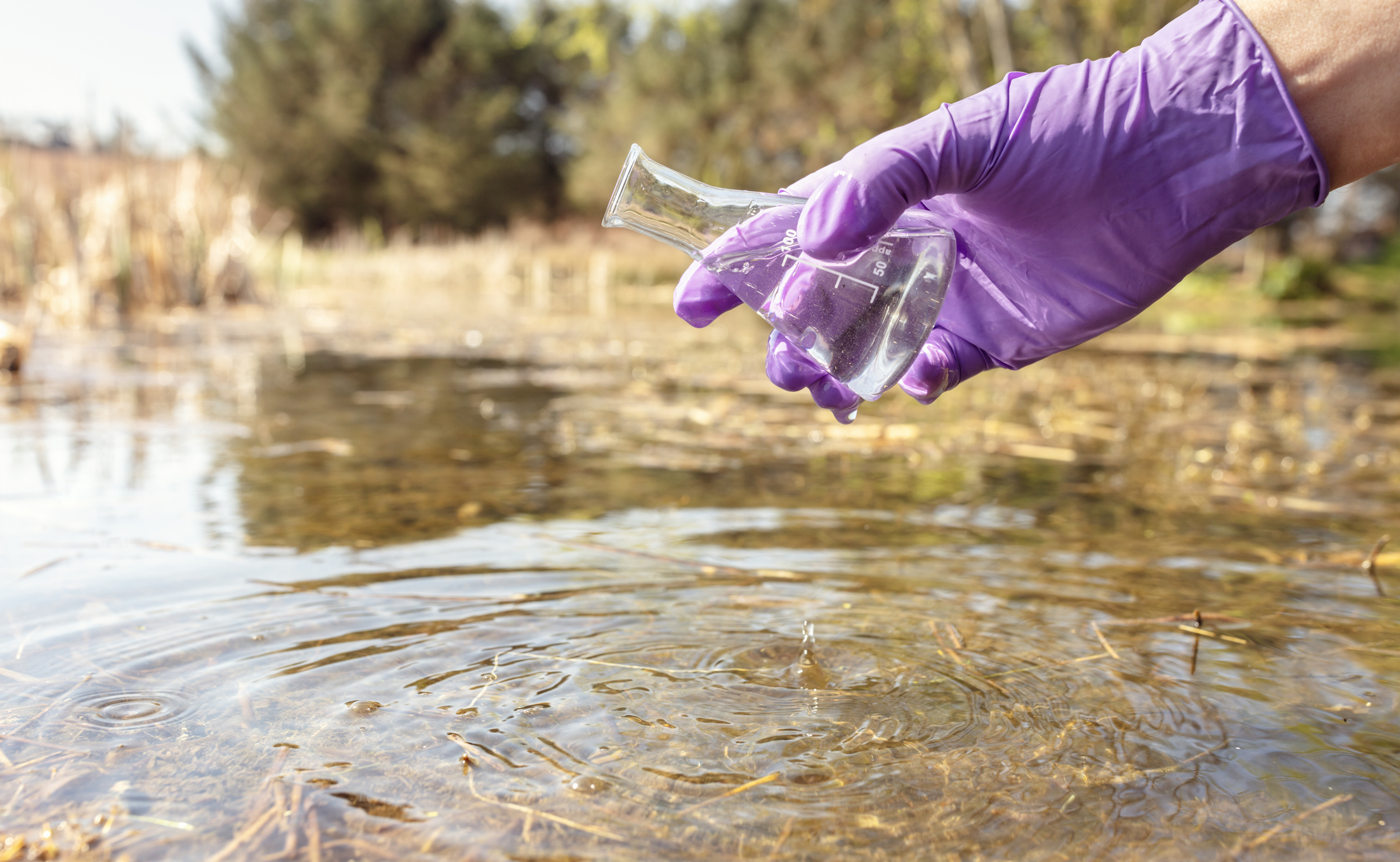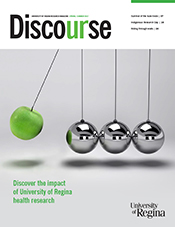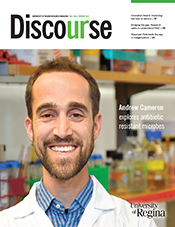University of Regina startup, Ecoloop, turns pollution into possibility. (Photo by Trevor Hopkin)
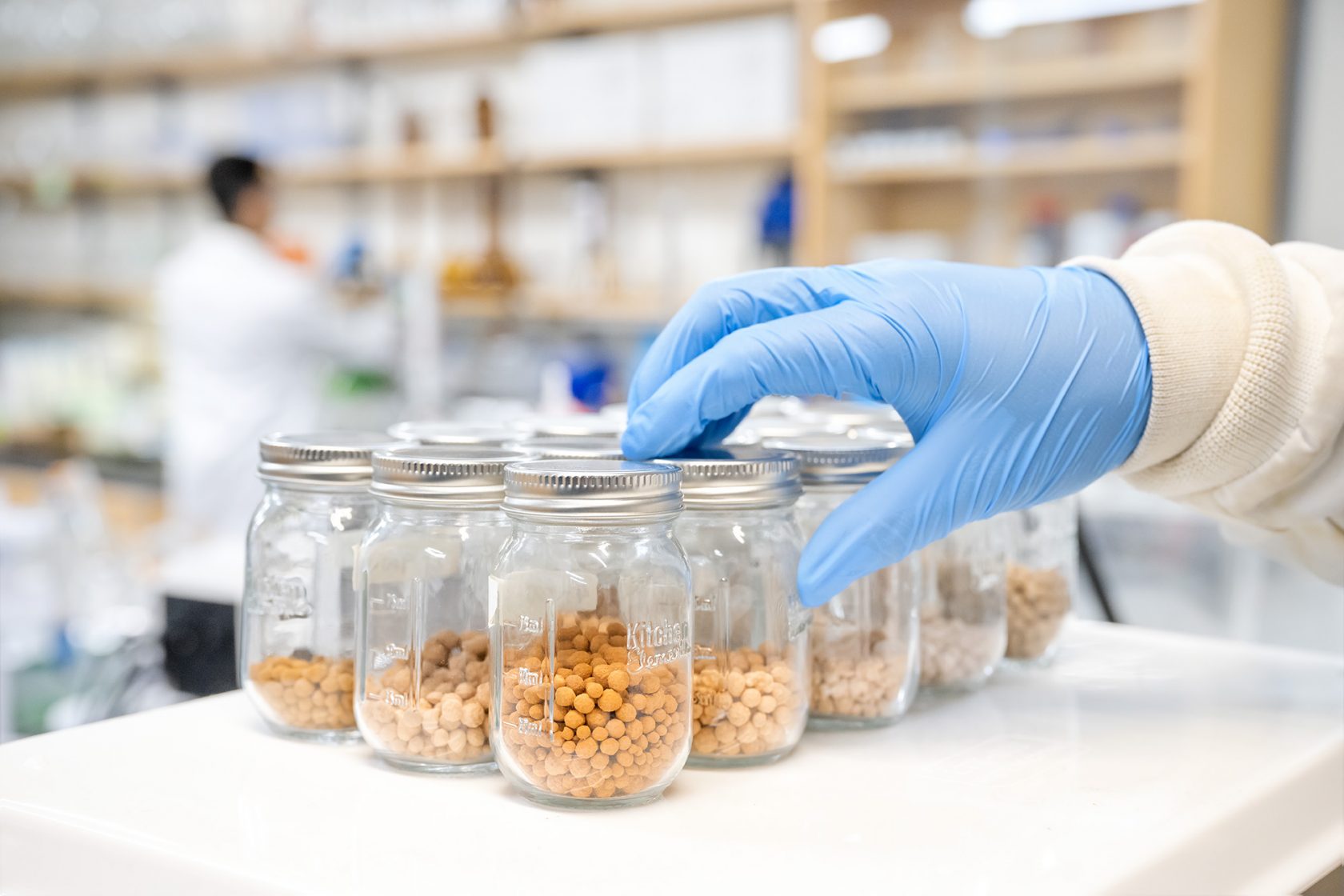
What if the waste from making clean drinking water could help clean polluted water, and then fertilize soil? That’s the question being answered by Ecoloop, a new Saskatchewan startup born out of University of Regina research.
Ecoloop Sustainable Technologies Limited, founded by U of R environmental engineering professor Dr. Jinkai Xue, has officially launched with the powerful mission of tackling some of the world’s most persistent environmental contaminants using sustainable, scalable, and circular solutions.
The company is the University of Regina’s first-ever research spinout—a venture that has grown from an early-stage idea to full incorporation, with critical funding and industry partnerships secured. It marks a significant milestone in the University’s innovation pipeline and in Saskatchewan’s push toward cleaner, greener infrastructure.
At the heart of Ecoloop’s work is a problem many people never think about: the sludge waste generated by water treatment plants. While clean drinking water is essential for public health and the economy, the purification process leaves behind large volumes of waste that are expensive and environmentally unsustainable to dispose of.
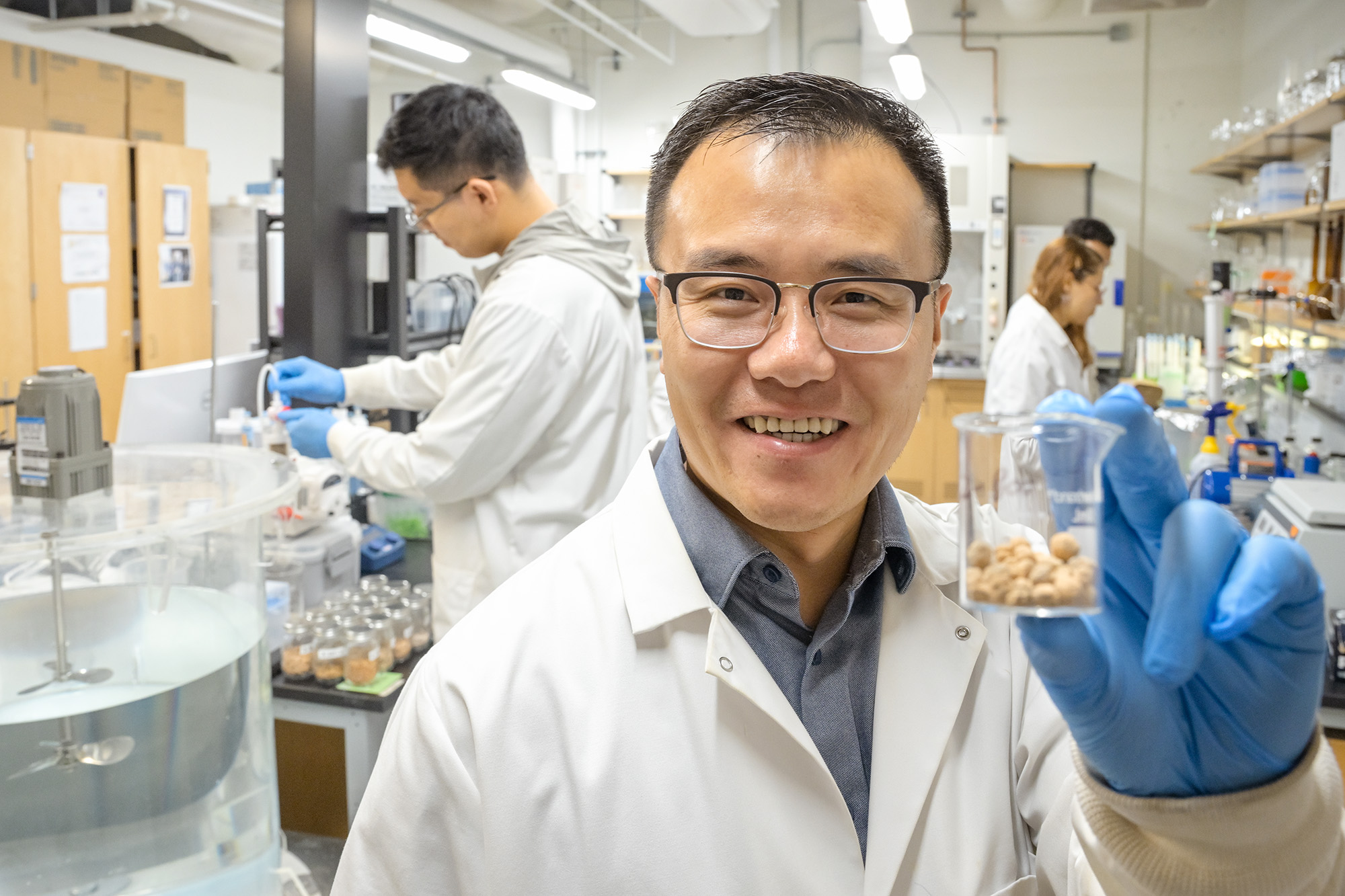
“It costs about $1 million a year to haul sludge from the Buffalo Pound Water Treatment Plant, which supplies clean drinking water to Regina and Moose Jaw, to the landfill,” says Xue. “We’re developing technologies that eliminate this cost and transform that waste into something valuable.”
Xue’s research uncovered that the leftover sludge is rich in minerals like aluminum, calcium, magnesium, and silicon—the same minerals found in bricks, concrete, and ceramics. By partnering with the Buffalo Pound Water Treatment Corporation, he and his team developed a method to convert sludge into a lightweight, porous material called ceramsite.
Ceramsite can remove up to 90 per cent of phosphorus from polluted water under various challenging conditions. And when it’s done filtering pollutants, it can be repurposed as a landscape fertilizer mulch that gradually releases phosphorus back into the soil.
“The entire process fits the circular economy strategy very well,” says Xue. “Rather than treating something to be buried or incinerated, I saw the potential to create a circular solution where waste becomes part of the solution. Turning that into a business was a natural next step, shifting the technology from the lab to something with a real-world impact.”
Gregory Mack, director of the University of Regina’s Office of Research Partnerships and Innovation (ORPI), says his team was pleased to help support EcoLoop’s spinout from the University.
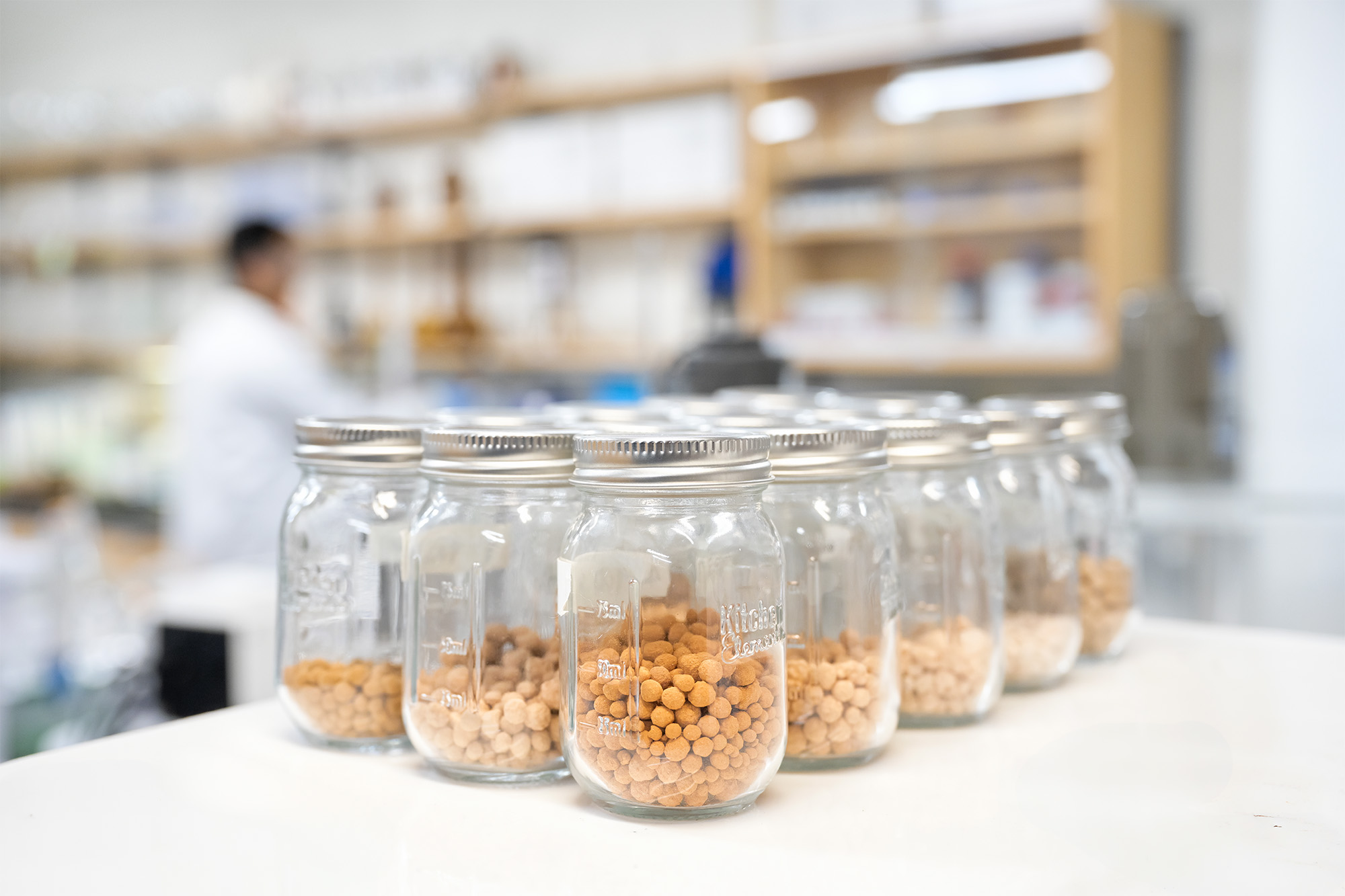
“Our team provided support with fundraising, agreements, protection of intellectual property, and company development,” says Mack. “The University remains an invested stakeholder in EcoLoop and ORPI is excited to help contribute to the venture’s long-term success.”
Ecoloop’s closed-loop system and circular approach are gaining traction. With the help of the Buffalo Pound Water Treatment Corporation, the Regina International Airport, Innovation Saskatchewan, and the University of Regina, the company is now preparing for pilot deployment and subsequent commercial rollout.
“I’m working to position Ecoloop as a leader in next-generation environmental remediation, focusing on both industrial and municipal markets in Saskatchewan and beyond,” says Xue, who is leading both the technical and strategic direction of Ecoloop.
Currently in its pre-revenue phase, once commercial deployment begins, any profits generated will be reinvested into the company to support scaling, research and development, and growing the team to include dedicated technical and business development personnel to expand partnerships, commercial channels, and operations. The long-term goal is to build a self-sustaining, mission-driven enterprise.
“This is research that’s making its way out of the lab and into the world,” says Xue. “We’re excited to deliver cleaner water, healthier soils, and sustainable innovation, for Saskatchewan and for communities beyond.”

